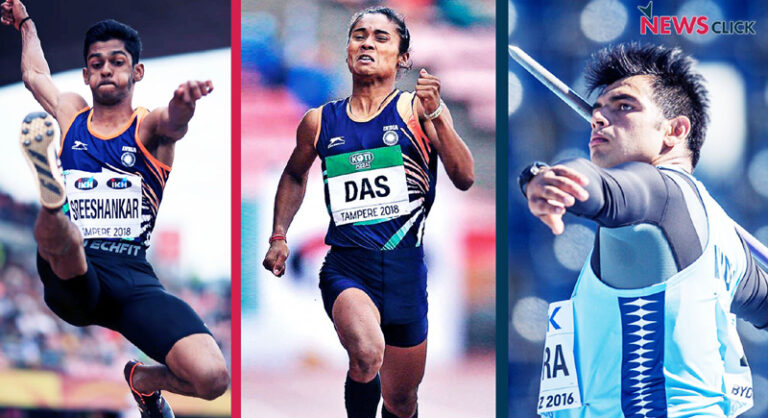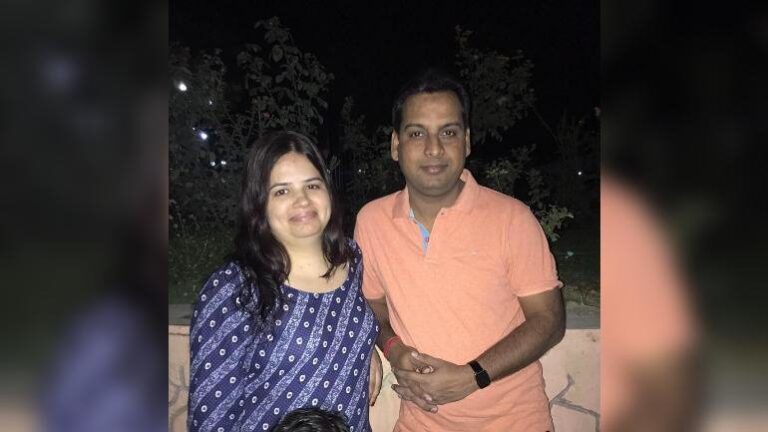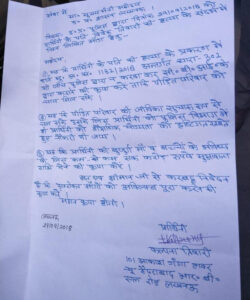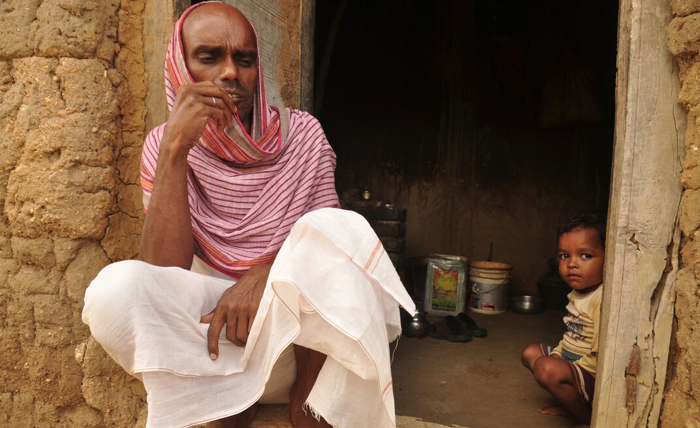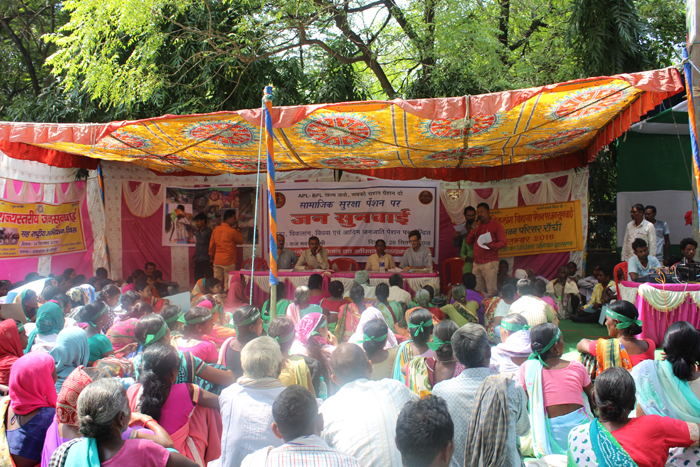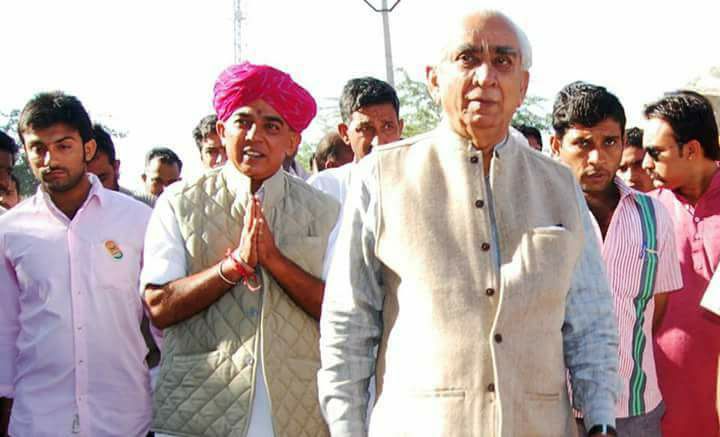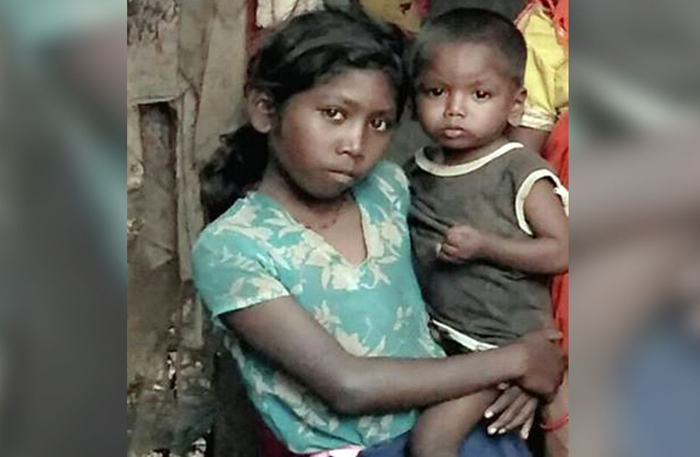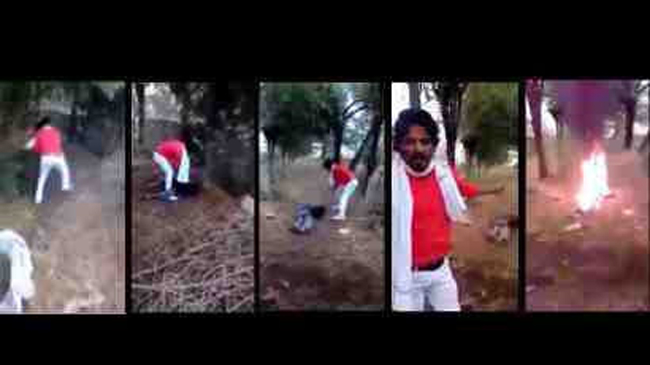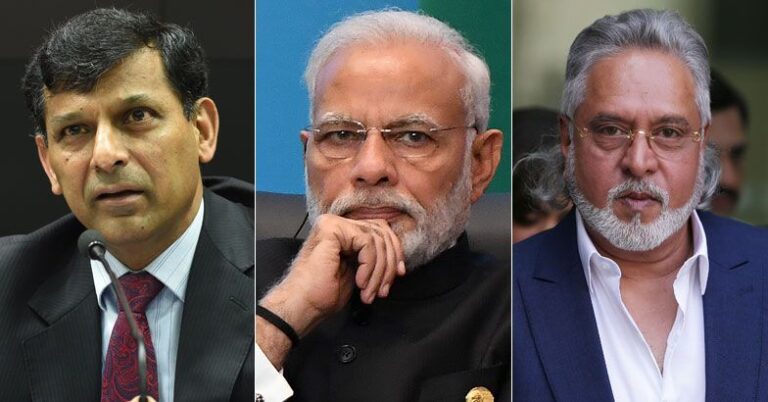The eight metre barrier of Indian athletics, which has vexed many great champion long jumpers of yore, doesn’t exist any more as far as M Sreeshankar is concerned. At the National Open Athletics Championship in Bhubaneswar on September 27, when Sreeshankar leaped to a distance of 8.20m in the long jump final to erase the national record of Ankit Sharma by a centimetre, the 19-year-old from Kerala was proving a point to himself as much as to the rest of the world.
Eight metres was a mythical “mental block” for at least four generations of Indian long jumpers who tried and failed to beat the great TC Yohannan’s mark of 8.07m set in the 1974 Asian Games in Tehran — a record that stood for 30 years till it was broken in 2004. Yohannan was the first Indian to cross eight metres, Sreeshankar is the latest and the youngest to do so. Besides the two, there are only six Indians who have crossed the mark.
Sreeshankar’s record, in fact, is the best in the world by an Under-20 athlete this season. What’s more heartening is the ease with which he jumped eight-plus metres in Bhubaneswar, not once, but twice in the final.
Sreeshankar, who missed out on the Commonwealth Games on the Gold Coast due to appendicitis, finished out of the medals in the IAAF Under-20 World Championships in Finland and the Asian Games in Jakarta-Palembang as he struggled to get back into the kind of form that took him to a personal best of 7.99m earlier in the year. He touched 7.95 in Jakarta to finish fifth, and was disappointed not at missing out on a medal, but at not achieving a benchmark he had set for himself on the continent’s grandest stage. The eight remained untouched, by the minutest of margins. Now that barrier has been breached.
Sreeshankar’s attitude exudes confidence and a desire to break out and become a global athlete, going beyond the trappings of continental medals, job promotions, presidential citations and awards. He represents the very special next generation of Indian athletes — joining the ranks of Neeraj Chopra and Hima Das — world beaters in their age group, striving to make a mark on the grandest arena of them all, the Olympic Games.
But what connects the three, beyond attitudes, is the sheer talent they possess, and the willingness to work hard on cashing in on their innate gifts.
For Sreeshankar, that would mean refining his technique. Long jump, after all, is not just about brute strength. It is about rhythm, smooth transitions and a leap that should exude a balletic grace.
The son of former triple-jump international S Murali and 800m runner KS Bijimol is a work-in-progress as of now — the father, his first coach, chipping the rough edges, and the national team coaches chiselling the finer details, taking him towards perfection. Sreeshankar changed his technique last season to include kicks after takeoff, and is already considering stints abroad to further refine his craft. Tokyo 2020 is on his mind.
The great Yohannan believes the younster is capable of touching 8.5 metres in the coming years. Anything around that distance could earn Sreeshankar a medal on the world stage. For the record, the gold in Rio Olympics was won by Jeff Henderson of the US with a leap of 8.38m.
“He is special,” Yohannan said. “He needs to build strength to increase his approach speed and so he needs to work hard on that.”
Similar words were spoken of javelin champion Neeraj Chopra a couple of seasons back when he burst onto the global scene with a gold in the Under-20 World Championships. Chopra has, since then, grown in stature with the Asian Games and Commonwealth Games gold in his kitty, and more importantly, touching 85 metres consistently in all the events he takes part in now. His gold in Jakarta came after a national record throw of 88.06m which would have earned him bronze at the 2016 Rio Olympics. Neeraj is one of the top five leading javelin throwers in the world now, and at 21, is looking at a career with infinite possibilities.
Infinite possibilities may well be the title of Hima Das’ autobiography, in the not too distant future. Till a couple of years back, Das was playing football with boys in her village.
On the athletics track she has been a revelation this season. With her gold in the junior World Championships, and subsequent performances, bettering personal bests and breaking records, the 18-year-old seems to be in the kind of hurry quarter-milers are notorious for. Indian athletics won’t complain if she keeps adding to her already unmatchable pace.
While there are many athletes coming up through the ranks in India, as of now, Neeraj, Das and Sreeshankar represent the cream that could take Indian athletics to unprecedented heights. The promise is there, the performances have laid the foundations. With barriers broken, records shattered, the future is theirs for the taking, provided the sports ecosystem in the country — the ministry, the federation and private agencies which support athletes — is ready to put forth a concerted effort and create the right channels for these athletes to grow.
Sreeshankar would have grown up wearing jerseys with the the Kerala Sports Council logo that reads, Citius, Altius, Fortius’. Words borrowed from the Olympic ideal. He embodies those Latin words today, striding alongside Chopra and Das. The ‘Faster, Higher, Stronger’ era is up ahead, ushering what could be a golden period in Indian athletics!


